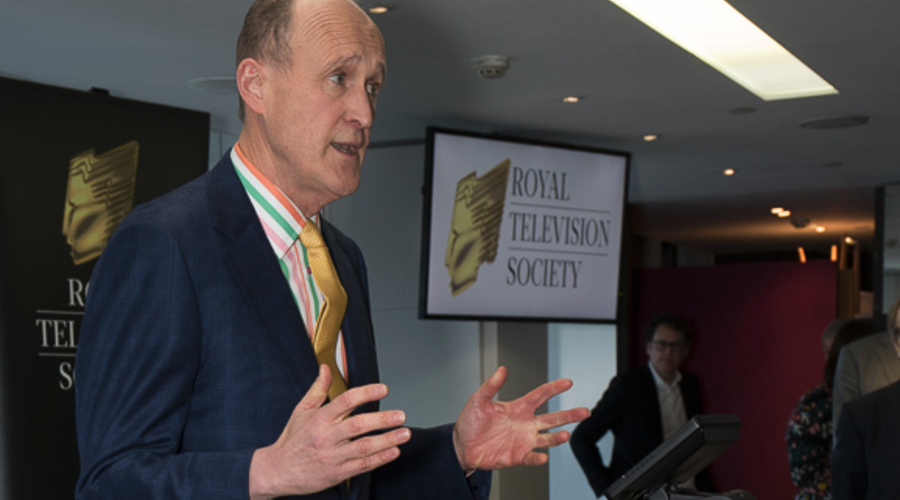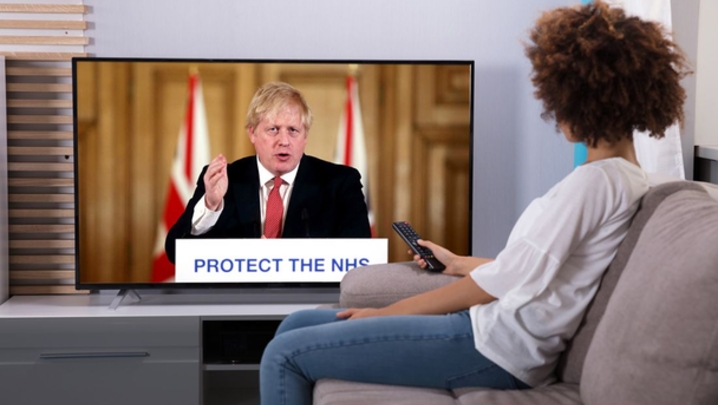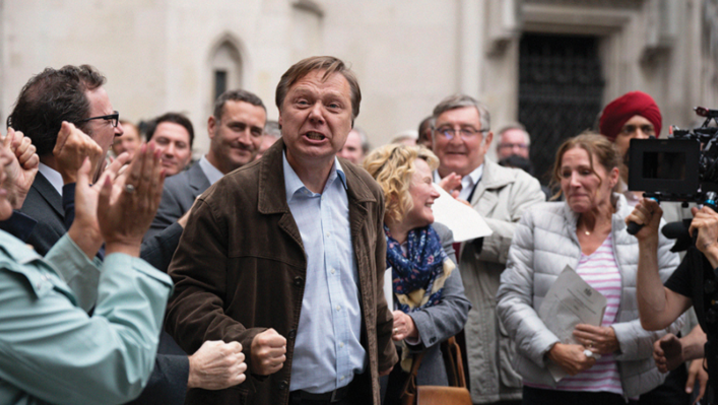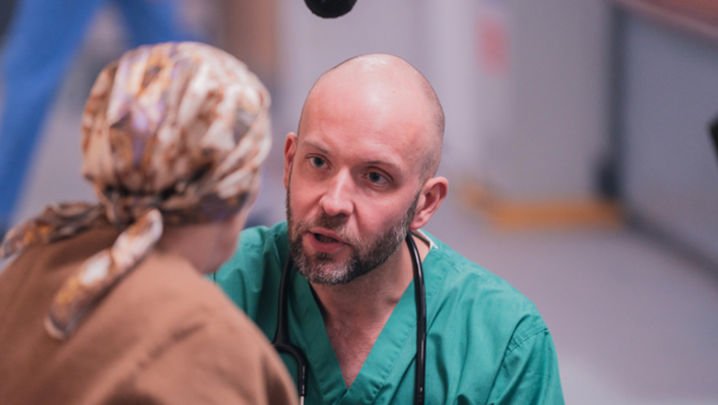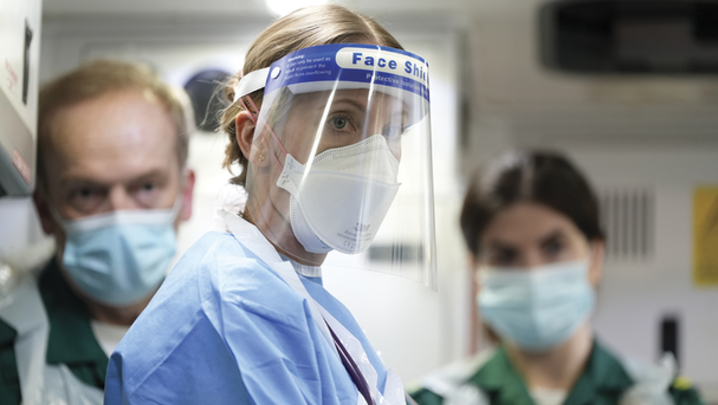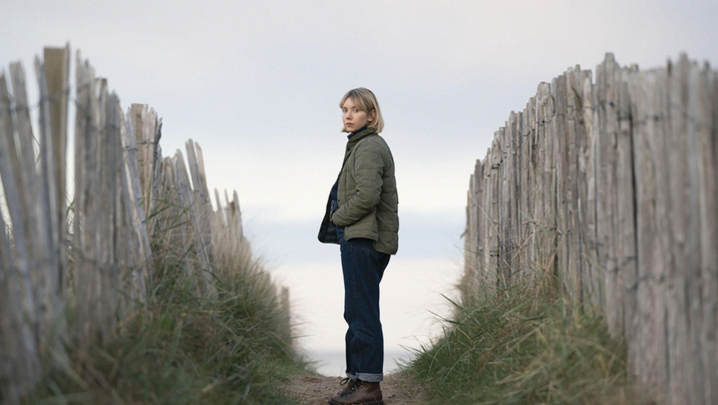Peter Bazalgette mixes with royalty at the RTS’s 90th birthday party, and encounters a world beyond parody on Radio 4
Up early to listen to radio news in the shower before I turn on for my daily dose of Good Morning Britain. Pay debates rumble on in the media kasbah.
The day after Carrie Gracie resigned as the BBC’s China editor, here she is presenting Radio 4’s Today, but barred from curating the news story about herself. A magnificent confusion worthy of Evelyn Waugh or David Lodge at their best.
The item itself is less than helpful, since the programme’s guest doesn’t seem to know the difference between equal pay and the gender pay gap.
Equal pay refers to the legal obligation since the early 1970s to pay men and women the same for doing the same job. The gender pay gap, which we’re all legally obliged to publish from this year, is when you compare all the pay that women get in your organisation and all that men receive, with a series of complex calculations.
You can have a gender pay gap favouring men while observing equal pay. Because what it reveals, of course, is that there are fewer senior women in your organisation than men.
We could all do better at ensuring women rise higher in our hierarchies. But here’s a thing: the BBC’s gender pay gap is just under 10%, while the national average is 18%. So, contrary to what you might read, or hear at emotionally charged select committees, Auntie is probably making progress.
I’m invited to contribute to a forthcoming WPP book, revealing one of my favourite brands and why. For me, this all comes down to my relationship with TV advertising, still by far the best way to build and maintain a brand (see Ebiquity’s recent research showing that TV delivers almost twice the value of online, radio or print).
I can still sing 20 or so jingles from the 1960s, as a startled Michael Grade once discovered when interviewing me for a radio programme.
What was my final choice? You’ll have to wait for the book, but here’s a clue: it was a Christmas 2016 campaign featuring a vicar and an imam.
A meeting with a senior politician to discuss my review of the creative industries for the Government’s industrial strategy (we’re growing at 3.9% a year and will create 1 million new jobs by 2030).
As an aside, I ask how much time they’ve spent on the 21st Century Fox bid for Sky and how much looking at the duopoly power of Google and Facebook (the first is essentially a last-century issue, the second a pressing contemporary topic). Indeed, the landscape is changing so rapidly that some of our market definitions are feeling a bit threadbare. ITV is still governed by its share of television advertising – around 47%. But the only meaningful statistic is our share of video advertising, which is much lower.
In order for ITV, Channels 4 and 5, Sky and UKTV to compete effectively with our internet friends, we need to offer much more data-rich, targeted advertising (something that the era of connected TVs is going to allow us to do). But we also need a level playing field.
The RTS’s 90th birthday brings HRH Prince Charles and the Duchess of Cornwall to a celebration hosted at ITV. In a very genial encounter, they tour our daytime studios, currently delivering some very robust ratings.
In their wake, I get that drowning-man feeling of my past flashing before my eyes. There’s Lorraine Kelly, with whom I first worked at GMTV in 1993. And Phil Vickery in the This Morning kitchen, to whom we gave his first TV break on Ready, Steady, Cook in 1994.
And, in case I’m in any doubt about my “veteran” status, the very next day a letter arrives at home telling me how to apply for my old-age pension.
Sir Peter Bazalgette is Chairman of ITV.

